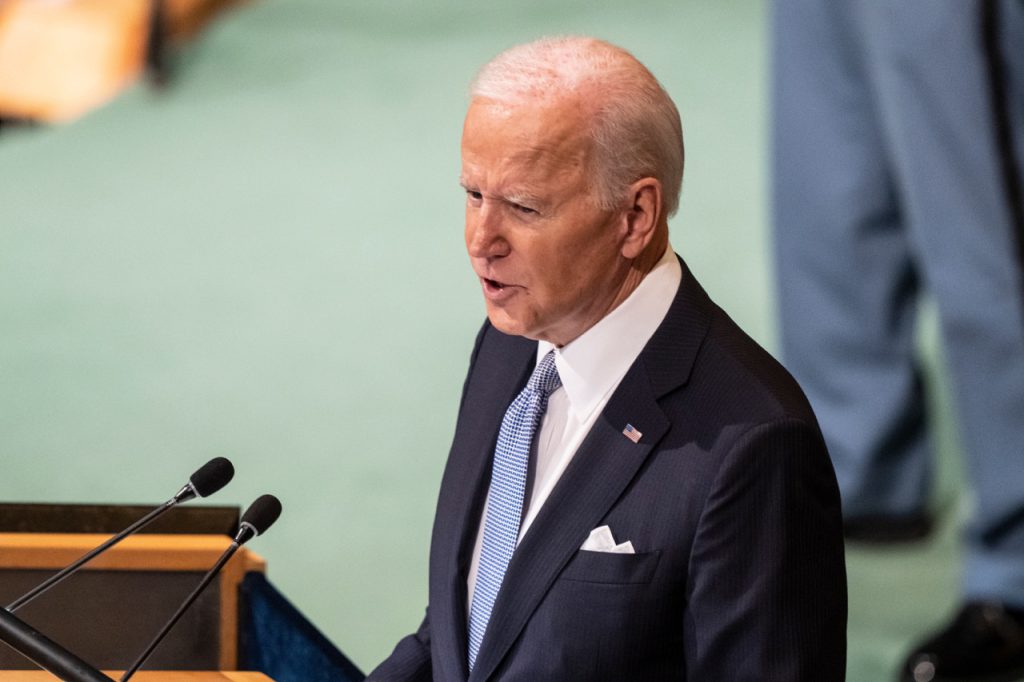Is there a secret to longevity? This health expert says 1,000% yes
In the era of social media, post-COVID, and with mental health at the forefront, a shift is taking […]

The United States has initiated a cooperative agreement with numerous countries bordering the Atlantic Ocean in Europe, Africa, and the Americas. Termed the “Partnership for Atlantic Cooperation,” this agreement was reached during the UN General Assembly meetings in New York, just before US President Joe Biden’s scheduled address to the global assembly.
The document was signed by the Governments of Angola, Argentina, Brazil, Cabo Verde, Canada, Costa Rica, Cote d’Ivoire, Dominica, the Dominican Republic, Equatorial Guinea, Gabon, The Gambia, Ghana, Guatemala, Guinea, Guyana, Iceland, Ireland, Liberia, Mauritania, Morocco, the Netherlands, Nigeria, Norway, Portugal, the Republic of the Congo, Senegal, Spain, Togo, the United Kingdom, the United States, and Uruguay.
This initiative is part of the White House’s efforts to enhance relations with developing nations and secure financial support for them, with the goal of providing an alternative to China’s growing global economic influence and infrastructure investments. This move aims to strengthen economic, environmental, and scientific connections across the Atlantic region.
Additionally, it follows criticism from certain countries that the US has disproportionately focused on supporting Ukraine, both economically and strategically, compared to countries in the “global south” dealing with significant challenges related to the COVID-19 pandemic, climate change, high interest rates, and international debt.
The Atlantic pact does not include security or military components and is not intended as a supplement or addition to NATO, which encompasses North Atlantic and European nations. However, it does involve a commitment to ensuring that Atlantic countries remain “free from interference, coercion, or aggressive action” and guarantees “sovereign equality, territorial integrity, and political independence.”
The US administration noted that the idea of strengthening cooperation among Atlantic coastal countries predates Russia’s full-scale invasion of Ukraine and signifies the acknowledgment that countries in the North and South Atlantic have been treated as separate entities for too long.
This partnership will be coordinated by the foreign ministries of the participating countries, enabling them to better address common “transnational” issues such as illegal fishing, natural disasters, and illicit trafficking, as outlined in a White House fact sheet accompanying the announcement.

In the era of social media, post-COVID, and with mental health at the forefront, a shift is taking […]

With its fast speeds and revolutionary potential, 5G stands out as a noteworthy milestone in the field of […]